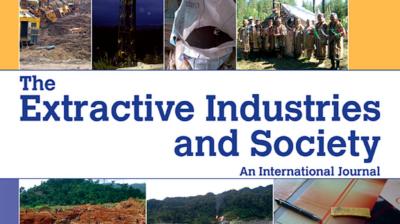‘By now, it feels more like a rumour’: navigating the suspended presents and the economy of anticipation for Nepal's Second International Airport
This study analyses the emergence of an airport project in Nepal, first announced in the early 1990s and stagnating in the planning stages ever since. Drawing on the temporalities of infrastructure in political ecology, the author investigates the project’s multidimensional impact on communities and landscapes despite or because of its physical absence. She explores the power of anticipation and suspension in shaping perceptions of the project and influencing socioeconomic, environmental, and political processes. The author draws from interviews, conversations, and observations collected during fieldwork in Bara district and Kathmandu in early 2020, as well as project documents, press releases, legal and policy documents, and print and social media. The guiding questions are: How has the airport, although yet to be built, already impacted local communities and landscapes? What are the material and non-material impacts of the suspension of the project? The author concludes that anticipatory narratives of development and prosperity have shaped local and regional economies, as well as social and political relations, and already produced winners and losers. At the same time, anticipation has been dampened by the long delay of the project, which itself has had tangible consequences, especially for people living within the project boundaries.




